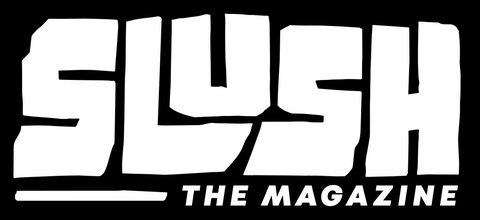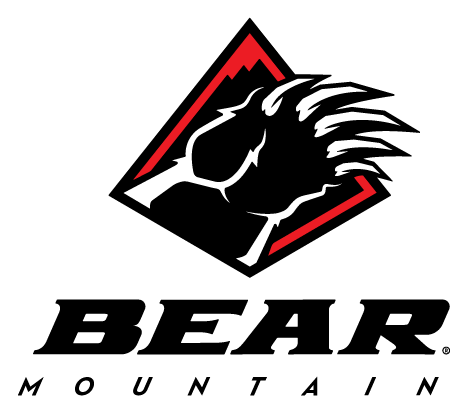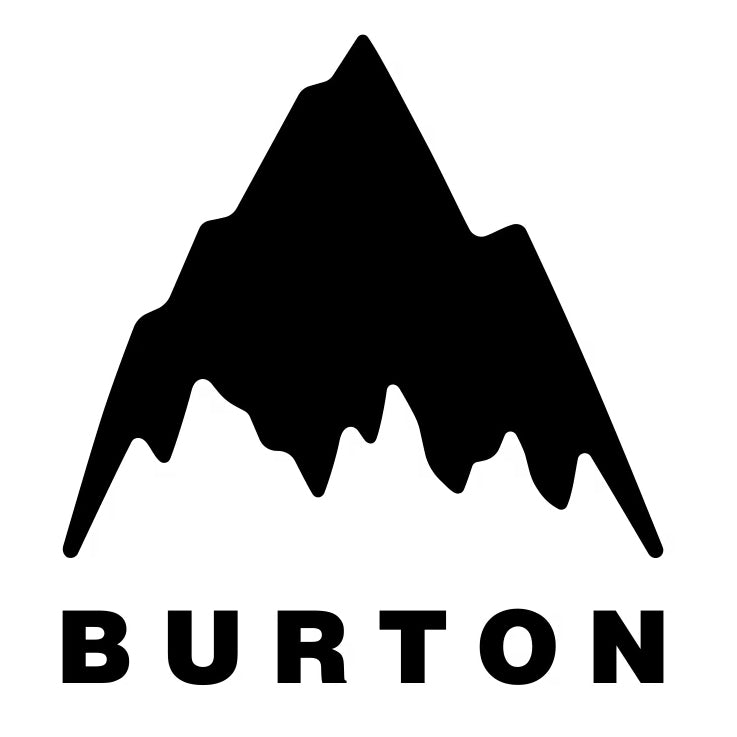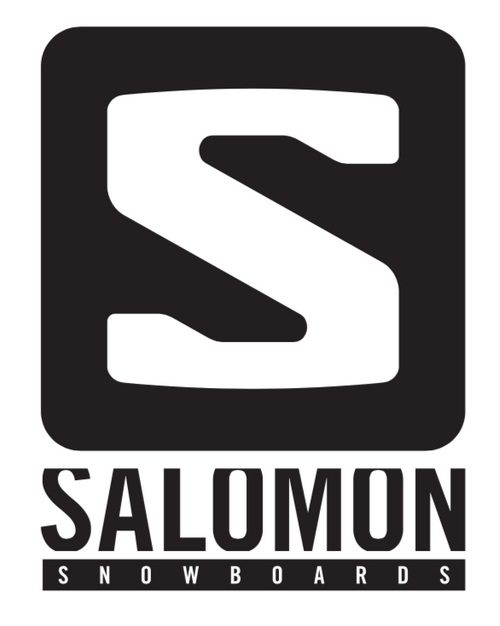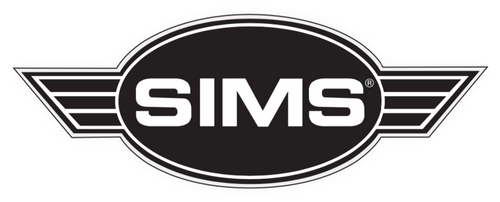
For the past few years the armchair aficionados of the snowboarding industry have paid close attention to what has been going on behind the scenes with Volcom. For most of its more than three-decade long history The Stone has been the darling of the Action Sports space, able to deftly navigate recessions, ownership changes, consumer trends, shifting buying habits, an IPO, and a pandemic, yet the “Youth Against Establishment” facade was completely wiped away last week when Liberated Brands LLC, the licensee managing the Volcom brand for owner Authentic Brands Group, filed for Chapter 11 bankruptcy protections. For some skaters, surfers, and snowboarders the news came with the announcement that Volcom’s flagship stores would be closing their doors and others found out via communications that any outstanding Volcom gift cards or in store credits wouldn’t be honored after February 16th, 2025.
Volcom was launched in 1991 after Richard “Wooly” Woolcott and Tucker Hall traveled from SoCal to Lake Tahoe for their first pow trip. With the snow stacking up they extended their stay and by the end of that fateful Sierra storm cycle they had schemed to create a brand of their own which would help fuel their newfound passion for fresh tracks, After receiving a $5000 investment from Wooly’s dad, and a rumored loan of $7500 from Quiksilver co-founder Danny Kwock, Volcom was born. What began with some DIY screen printed t-shirts emblazoned with the now iconic Stone, quickly grew to become more than merely a brand, but rather a movement. The angsty ethos and counter culture aesthetic resonated with riders because everything Volcom did at the time was relatable and genuine to who they were, in no small part because the people making the product, specifically Wooly and Tucker, were riders themselves. Offshoots like Veeco Productions, the film company responsible for seminal releases like The Garden and Subjekt Haakonsen, and the Volcom Entertainment record label, home to artists including theLine and CKY, made sense since surfing, skating, and snowboarding were more centered on the culture and lifestyle than traditional sports. Of course these initiatives would also serve as a harbinger of Volcom’s ambition to grow.

In 2005, while still trading on the “Youth Against Establishment” tagline, Volcom did the most “establishment” thing possible in business terms by going public on the NASDAQ under ticker symbol VLCM. The $19 a share IPO price meant that anyone could own a piece of the Stone and set in motion a series of events that would lead to where Volcom currently finds itself today. On May 2nd, 2011, Kering (formerly PPR), a French luxury conglomerate with brands such as Gucci, Yves Saint Laurent, and Maui Jim, in its portfolio, acquired Volcom Inc. for $608 million in what business insiders refer to as a “friendly takeover.” For nearly a decade after that sale Volcom continued to grow and diversify by adding products like footwear and wetsuits.
On April 3rd, 2019 it was announced that Kering had sold Volcom to New York City based management company Authentic Brands Group, ie ABG. While many readers might not be familiar with ABG, the companies it owns are household names such as Reebok, Brooks Brothers, Sports Illustrated, Forever 21, and Tapout. The founder of ABG, Jamie Salter, has a long and illustrious history of disruption within the snowboarding industry beginning in the late 80’s when the Toronto native acquired Kemper Snowboards. In 1992 Salter partnered in the creation of Ride Snowboards, taking it public in 1994 in a much publicized and lucrative IPO before stepping down in 1996. Since launching the Authentic Brands Group in 2010, Salter hasn’t been shy about acquiring intellectual property within the action sports space. In addition to Volcom ABG currently owns Quiksilver, Roxy, Airwalk, Billabong, VonZipper, RVCA, Element Skateboards, DC Shoes, Jimmy’z, and Vision Street Wear. Yet, ABG doesn’t actually run any of these entities as a business. Rather Authentic Brands Group licenses the assets, identities and other parts of these companies to third party licensees in exchange for a percentage of revenue. In an SEC filing in 2021 Jamie Salter used the following to describe what Authentic Brands Group is: “We are brand owners, curators and guardians. We don’t manage stores, inventory, or supply chains. We don’t manufacture anything. We are a licensing business and are purely focused on brand identity and marketing.” While Salter can profess to be “purely focused on brand identity and marketing” it’s obvious that the only thing ABG is purely focused on is making money and using those revenues to acquire more intellectual property to make even more money. On the surface this business model is rather brilliant in that ABG doesn’t take on any risk from, let's say, a bad snow year, but it still garners a guaranteed percentage of sales. A vast majority of ABG’s income is derived from guaranteed minimum royalties from their licensees. The agreements that bind these arrangements leave little room for relief in the event that the negotiated payment terms aren’t met leading to measures that can erode “brand identity” such as consistently having to liquidate inventory via in-season discounting.

In conjunction with the news of the Volcom acquisition it was announced that ABG would work with the newly created Liberated Brands LLC as their licensing partner. Liberated Brands was formed at that time by Volcom’s existing executive team, including CEO Todd Hymel, COO Brad Holman, CFO Desi Swanson, and Volcom’s first ever sponsored snowboarder CMO Ryan Immegart. specifically to license and manage the Volcom business. In turn ABG invested in Liberated Brands LLC, receiving some equity in the new company. While the pedigree of the Liberated stakeholders and their passionate ties to the Stone left much room for optimism, less than a year later came the announcement that Volcom would be the official uniform supplier for the U.S. Snowboard Team, which included outfitting the riders competing in the 2022 Olympics in Beijing, China further eroding the “Youth Against Establishment” ethos as the influence of ABG became more apparent. Subsequently, in 2021 ABG granted Liberated Brands the license for legacy ski outerwear and downhill speed suit manufacturer Spyder to complement the Prince Tennis business they had also taken on.
In the Fall of 2023 the surf industry was rocked with the news that the Authentic Brands Group had taken over Boardriders, Inc., the parent company of Quiksilver, Billabong, Roxy, RVCA, VonZipper, DC Shoes, and Element and that Liberated Brands LLC would take on much of the retail and e-commerce business for these brands as well as become the official licensing partner for Billabong and RVCA.

Liberated’s recent bankruptcy filing is the result of a myriad of factors, most notably the inability to cope with the post pandemic downturn in the surf, skate, and snow markets and the inflexible terms of their arrangement with ABG. It is hard to put into words the longstanding impact of Volcom on snowboarding culture. In addition to the aforementioned films like Subjekt and The Garden, subsequent generations kept films including Es Scramble, 9191, and Mr. Plant on loop. The grassroots PB & Rail Jams were a storied proving ground for up-and-comers like Zac Marben, Jess Kimura, Lucas Magoon, and others. Even the Red Bull Heavy Metal was initially conceived and executed in conjunction with Billy Anderson and Volcom. Then there is the pro team which is arguably the most impactful in our sports history with icons such as Jamie Lynn, Terje, Bryan Iguchi, Shaun White, Bjorn Leines, Gigi Rüf, Pat Moore, Mikey Leblanc, Scott Stevens, Jess Kimura, Nicola Thost, JJ Thomas, Dan Brisse, Mark Lanvick, Janna Mayan, Markus Kleveland, Lucas Magoon, Elena Hight, Arthur Longo, and the late Jeff Anderson placing the Stone front and center on their topsheets at one time or another.
Despite all of the recent happenings including Liberated’s bankruptcy filing, Volcom isn’t going away. In keeping with their business model, the Authentic Brands Group has already found another willing and capable licensing partner with The Levy Group, a New York City based fashion company who have spent the past few years licensing Dakine and Roxy in the outerwear categories. Furthermore, a significant portion of Volcom’s existing sales and product development staff have taken jobs with The Levy Group, and some of their pro team, primarily those with multi-year contracts, are still representing the brand, meaning that the Stone will maintain its presence within our space for the foreseeable future. But in terms of Volcom's storied legacy, Levy is in fact, “new to this” but only time will tell if they are “true to this.”


